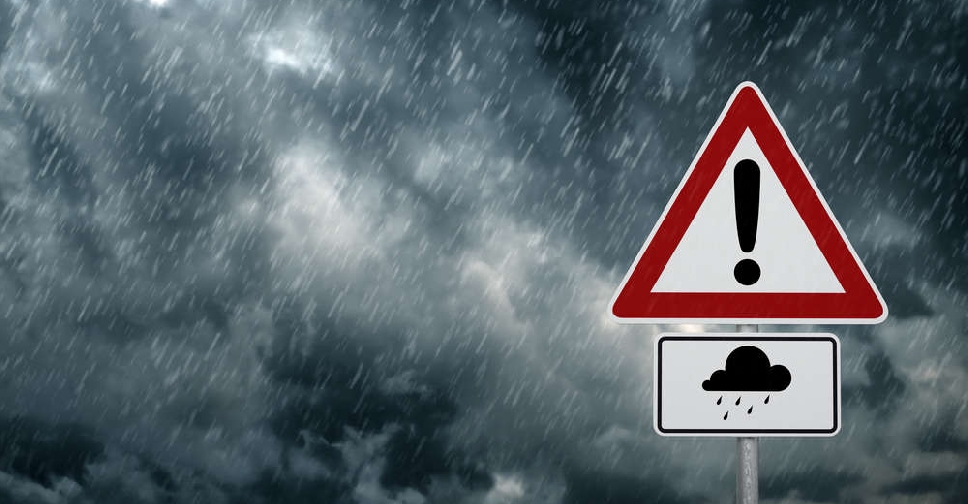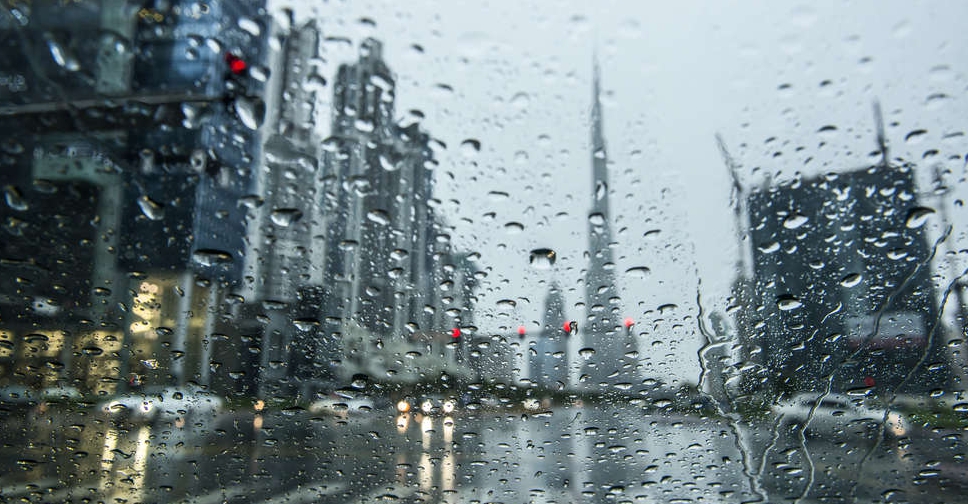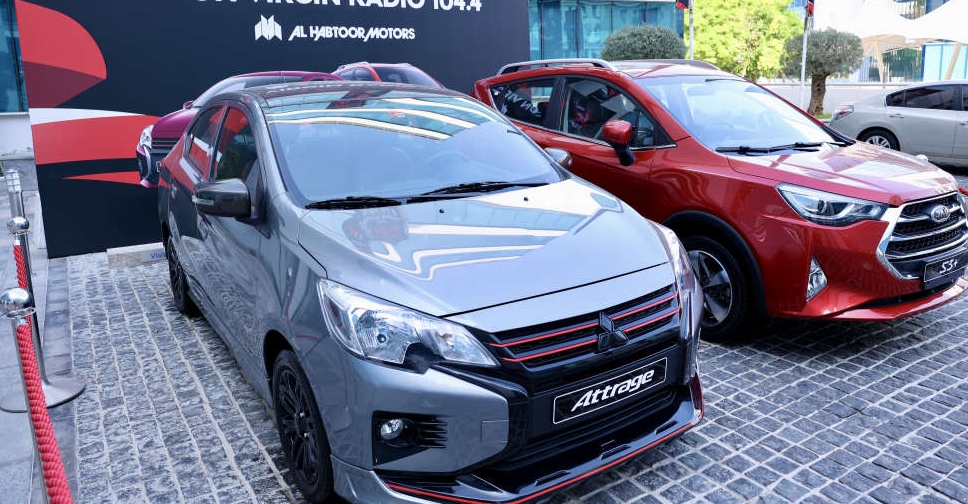
Apple Inc. took a final swing at the Justice Department ahead of their first courtroom face-off over whether the company must help investigators unlock an iPhone used by a gunman killed in a police shoot-out. Apple reiterated its arguments that Congress should decide what cooperation law enforcement can demand in criminal investigations and that the government is imposing an “unprecedented and offensive” burden on the company. Apple said in a court filing Tuesday that forcing it to create software to degrade iPhone security features would inevitably endanger the privacy of hundreds of millions of people. The two sides’ rhetoric had grown increasingly heated in the four weeks since U.S. Magistrate Judge Sheri Pym ordered Apple to help the FBI access encrypted data on the phone used by one of the terrorists involved in a December attack in San Bernardino, California. In addition to the back and forth in court filings, representatives of both sides have appeared before Congress and on national TV programs and spoken out online, painting dire pictures of what could happen to national security or civil liberties should the other side prevail. “This case arises in a difficult context after a terrible tragedy,” Apple said in Tuesday’s filing. “But it is in just such highly charged and emotional cases that the courts must zealously guard civil liberties and the rule of law and reject government overreaching.” Apple’s filing is the last scheduled before a March 22 hearing, when Pym will consider the company’s request to drop her order. The device is owned by the San Bernardino County Department of Public Health, where Syed Rizwan Farook worked. On Dec. 2, Farook and his wife killed 14 people and wounded 22 at a county training event and holiday party. Striking Balance Justice Department spokeswoman Emily Pierce said in a statement that the government looks forward to responding to Apple’s arguments in court. “As we have said in our filings, the Constitution and the three branches of the federal government should be entrusted to strike the balance between each citizen’s right to privacy and all citizens’ right to safety and justice,” Pierce said. “The Constitution and the laws of the United States do not vest that power in a single corporation.” The government has tried to frame its request as narrowly tailored to Farook’s phone. Apple has been backed by a who’s who of the biggest technology companies in the U.S., including Amazon.com Inc., Googleand Microsoft Corp. It argues the Justice Department is really seeking a “master key” to the iPhone in an unprecedented expansion of government power that could affect the privacy and security of hundreds of millions of people around the world. GovtOS In Tuesday’s filing, Apple said there was “no question” law enforcement would make thousands of similar requests for help to unlock other iPhones if the company created a program to do so. Apple emphasized that the software the U.S. is asking it to create, which it has dubbed GovtOS, could be used on iPhones other than the one used by Farook. “Once GovtOS is created, personalizing it to a new device becomes a simple process,” an Apple engineer said in a declaration included in the company’s court filing. “If Apple were forced to create GovtOS for installation on the device at issue in this case, it would likely take only minutes for Apple, or a malicious actor with sufficient access, to perform the necessary engineering work to install it on another device of the same model.” The war of words escalated last week after the government filed briefs in the California case and another involving a drug dealer’s iPhone in New York. The Justice Department accused Apple and its supporters of distorting its request and using rhetoric that’s “corrosive” to the Constitution, the courts and the democratically elected branches of government. Apple’s stance is driven by marketing concerns and a desire to assure customers their privacy is paramount, not by idealism, prosecutors have said in their filings. Apple General Counsel Bruce Sewell accused the the government last week of taking a “cheap shot” and making “deeply offensive” comments about the company’s efforts to work with foreign and domestic investigations. In its response Tuesday, Apple included a declaration by a marketing executive, who said the company has never touted the iPhone’s ability to block out government surveillance. China Concerns The company rejected the Justice Department’s suggestion last week that Apple’s concern about foreign governments requiring similar access as the U.S. was disingenuous. “Apple has never built a back door of any kind into iOS, or otherwise made data stored on the iPhone or in iCloud more technically accessible to any country’s government,” according to the filing. “The government is wrong in asserting that Apple made ‘special accommodations’ for China, as Apple uses the same security protocols everywhere in the world and follows the same standards for responding to law enforcement requests.” Chinese citizens’ data is stored on servers in China, but that information is encrypted and the decryption key is stored in the U.S., lawyers for Apple said on a telephone call with reporters. U.S. officials seem to be confused about technological issues involved in the case or reckless in interpreting them, the lawyers said. They also said the government has refused to address the hypothetical situation of what would happen if they prevailed in the case in terms of the expansion of government power. The case is In the Matter of the Search of an Apple iPhone Seized During the Execution of a Search Warrant on a Black Lexus IS300, California License Plate 35KGD203, 16-00010, U.S.District Court, Central District of California (Riverside). (By Edvard Pettersson/Bloomberg)
 UAE, Ukraine conclude terms of trade pact
UAE, Ukraine conclude terms of trade pact
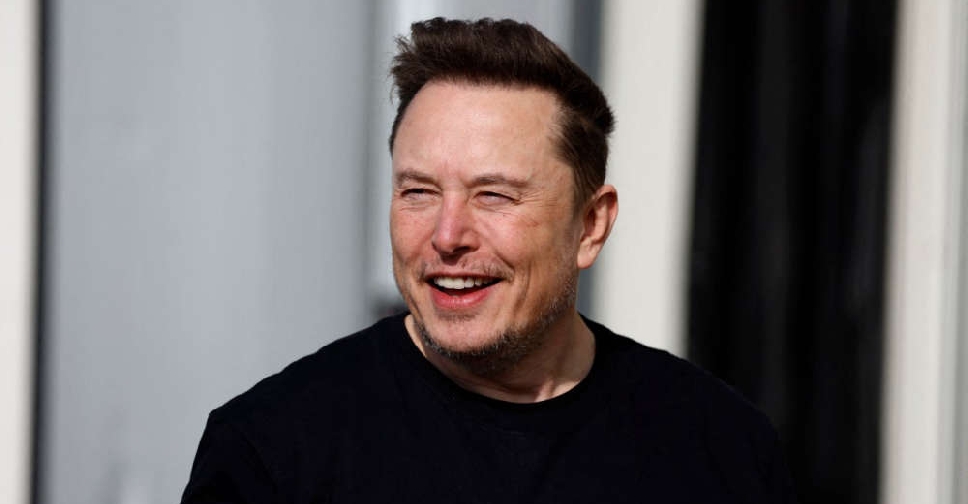 Elon Musk visits China as Tesla seeks self-driving technology rollout
Elon Musk visits China as Tesla seeks self-driving technology rollout
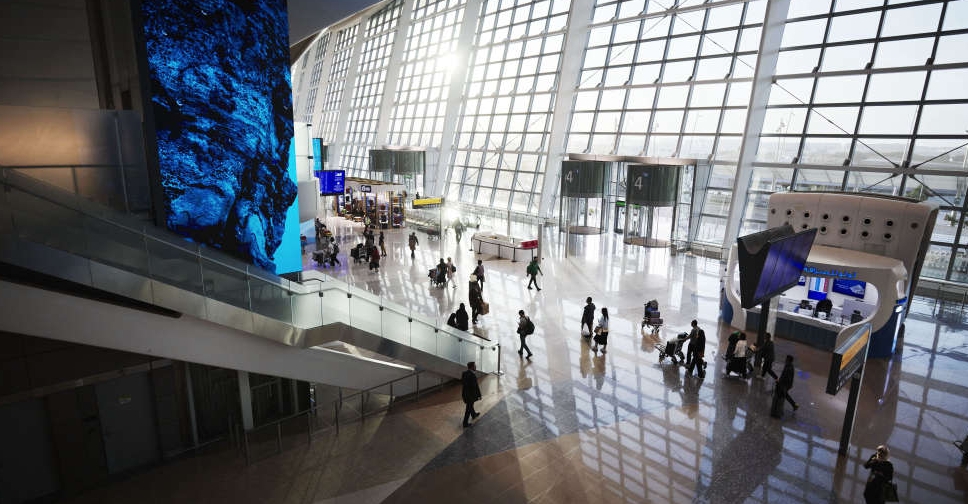 Abu Dhabi Airports welcomes 6.9 million passengers in three months
Abu Dhabi Airports welcomes 6.9 million passengers in three months
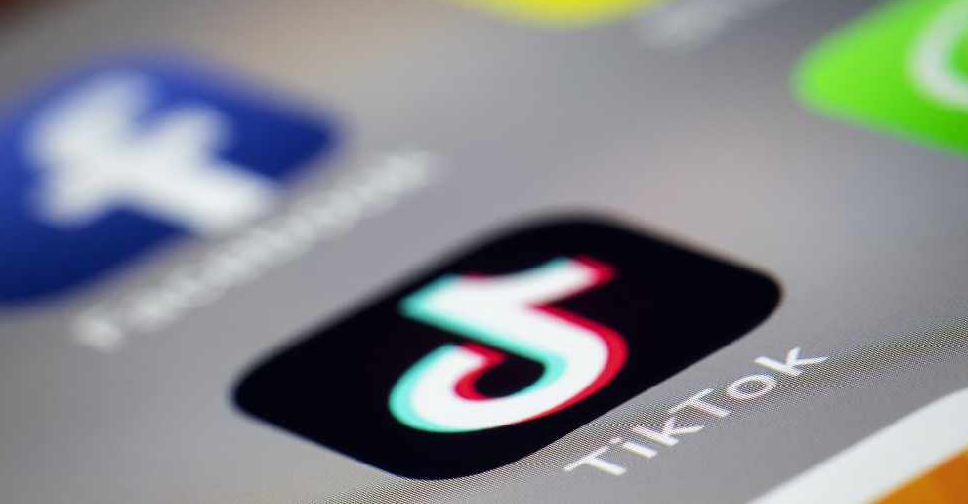 ByteDance denies media report of plan to sell TikTok
ByteDance denies media report of plan to sell TikTok
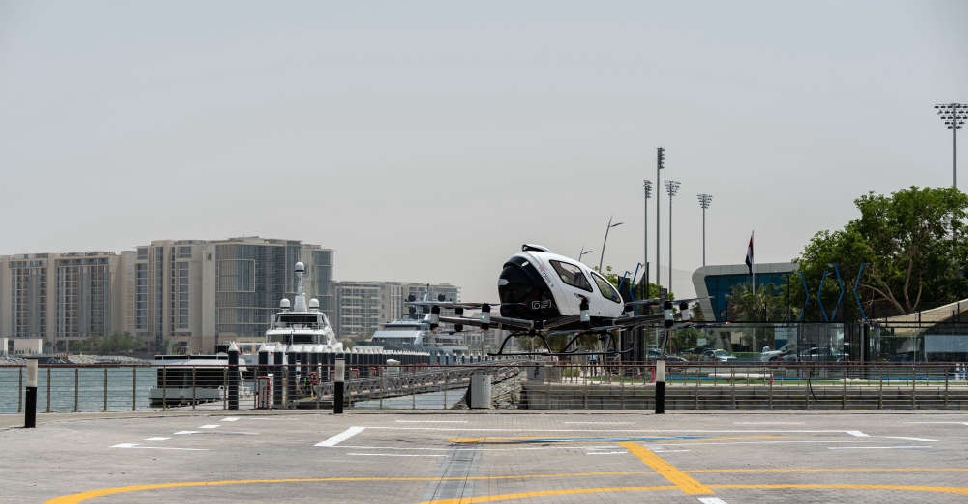 Photos: UAE’s first operational vertiport unveiled in Abu Dhabi
Photos: UAE’s first operational vertiport unveiled in Abu Dhabi
